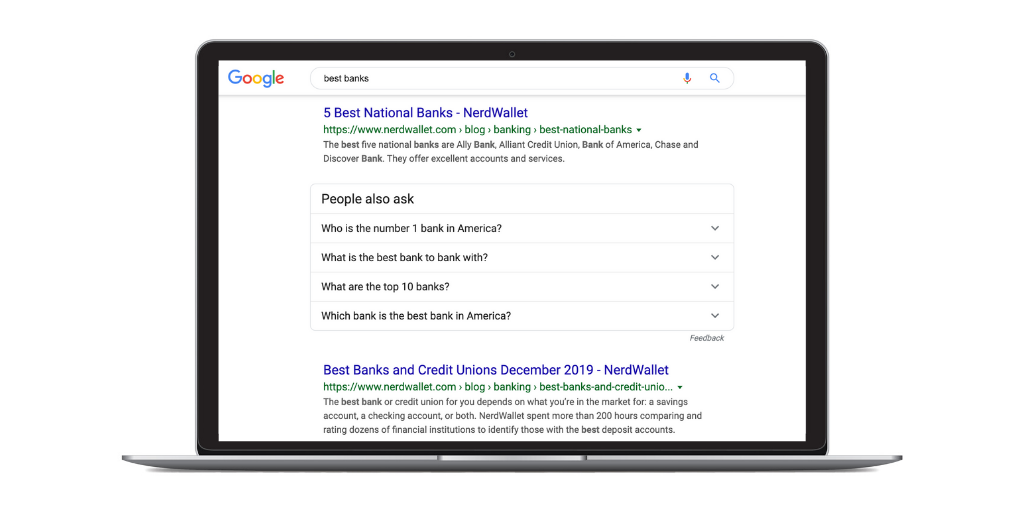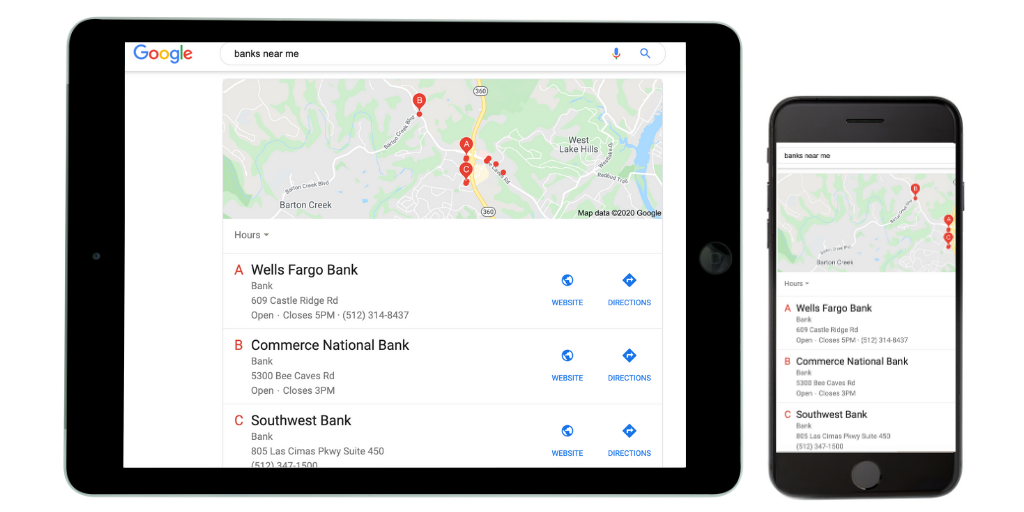Search engine optimization (SEO) is a term frequently used in the marketing world and holds a lot of weight. SEO is the process of increasing the quality and quantity of traffic to your website through search engine results. As a multi-location marketer, SEO must play an imperative role in your marketing strategy.
Often, marketers stray away from spending ample time on SEO because it can seem confusing or complex – and it’s easier to dump money into paid efforts. However, that is not the case. SEO best practices can be learned relatively quickly and will ultimately deliver results.
SEO is a critical component in making your brand visible. Sixty-seven percent of all clicks online go to the first five organic search results- that’s a sizable percentage! An equally powerful statistic shows that fifty percent of all organic searches are zero-click. A zero-click search occurs when a conversion happens within the property that provided results to the consumer’s search query, versus clicking to another site.
A strong SEO strategy can boost your multi-location business’s website to the top of relevant searches. There are two different types of SEO strategies, local and organic, that we’ll cover next. We will help you differentiate between the two, and determine how both can be incorporated into your multi-location business’s marketing plan.
Organic SEO
Organic SEO is relevant when the search engine decides that there is not any local intent associated with a search. With organic search, the results are not filtered by location. Instead, the results are filtered by a variety of factors including, but not limited to, linking structure, new content, ratings, reviews, and relevance. Focusing on these factors will help you create a powerful organic SEO strategy.
A Google search for “best banks” is an example of an organic search that will use organic SEO. As displayed in the image below, results for this search are not geo-specific and are filtered by the factors mentioned previously.
Local SEO
Unlike organic SEO, local SEO has a geographical component attached to it. Implementing a local SEO strategy will optimize your online presence for your multi-location business to appear in local searches.
Because of the geographical component, local SEO is found on more than just search engine results. Local SEO can also provide search results on Maps or navigation apps, and business directories like Google My Business (GMB), Yelp, and Facebook.
Traditionally, a local search occurs when a consumer searches for a specific term along with a location. If you want to find a local bank and search for “bank near me” or “bank in Austin, Texas,” you’re conducting a local search. As shown below, results for this type of search are location specific.
Recently, local searches have become more advanced, and the location term is not always necessary for a local search to occur. This change is based on the shift of consumer behavior to local, so Google will assume that you’re searching for a local bank even if you just search the term “bank”. The same can apply to other multi-location businesses.
Choosing an SEO Strategy to Focus On
With a variety of SEO strategies, how do you know what your multi-location business should focus on? While creating a local SEO strategy for your multi-location business, you will be improving your organic SEO simultaneously. Therefore, as a first step, multi-location businesses should ensure their business locations are appearing in local searches.
When creating a plan for local SEO, here are tips to keep in mind:
- Consider your audience and utilize local keywords
- Add location pages to your website
- Keep content on your site, social, and search both fresh and up to date
- Create high-quality backlinks
- Ensure your website is mobile-friendly
- Share local content on Google Posts to increase visibility
- Develop content for social based on local events
- Encourage customers to leave reviews
- Claim all local listings on search platforms, GMB, Yelp, and Facebook, which can create authoritative links that go back to your brand’s website, which will boost your local SEO even more.
Following these guidelines will strengthen your business’s local SEO. And when implementing a strong local SEO strategy, your multi-location business will begin to appear more frequently in local searches – generating more traffic to the website and ultimately driving sales.
Many components of a local SEO strategy are similar for organic, although there are a few key differences. In terms of keywords, organic SEO should focus on keywords relevant to the general brand or property, rather than location-specific keywords. Because of this difference, organic SEO will drive traffic to your multi-location business’s corporate website, while local SEO will drive traffic to a local business location’s website or local listing.
Linking is also a differentiator between the two types of SEO. For organic SEO, high quality and relevant links will help boost your rankings, while local SEO focuses more on citations. Citations include the mention of your business name, address, and contact information.
When it comes down to it, the main difference between the two types of SEO is all about location, location, location.
Benefits of A Strong SEO Strategy
Both local and organic SEO work together to improve your website’s ranking. With the mixture of keywords, back-linking, claiming local listings, and optimizing for mobile, you should have a good starting point when outlining an SEO strategy for your multi-location business.
As you begin building out this strategy, consider these facts:
- 97 percent of consumers search online for a local business before visiting
- 33 percent of those local searches are done on mobile
- 76 percent of all smartphone searches have led to an in-store visit within 24 hours
If you weren’t already convinced that an SEO strategy could improve your marketing efforts, these statistics make it crystal clear. SEO is not optional if you want your multi-location business to appear in online searches. By following the best practices, you can build strong SEO and significantly increase your brand visibility.


